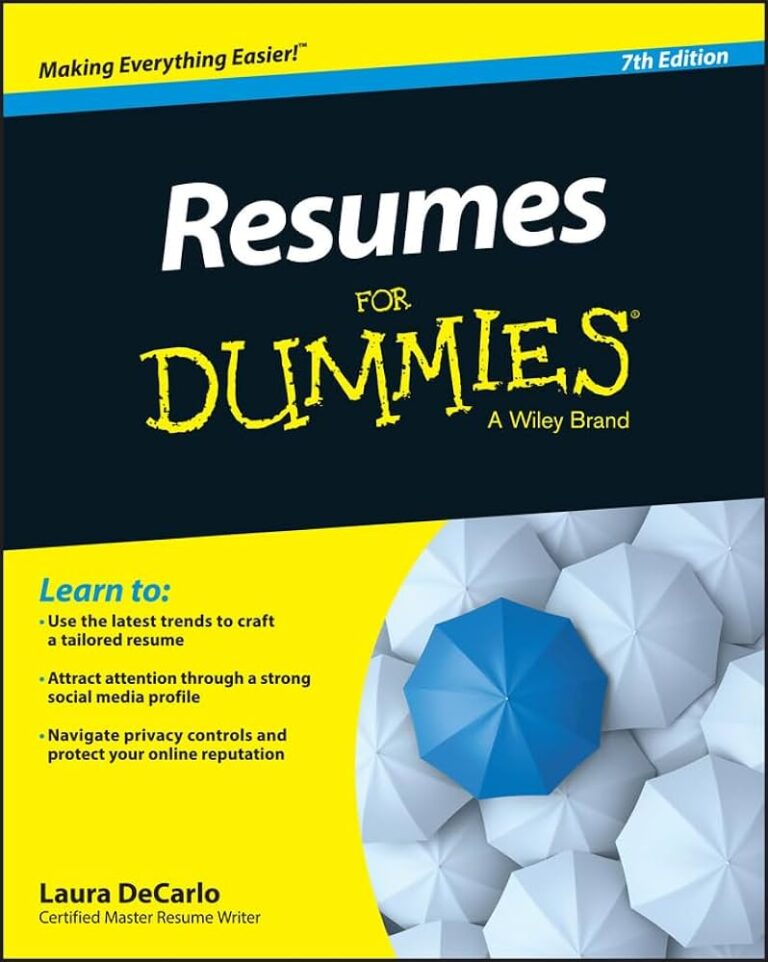Social media is a cost-effective, wide-reaching way to promote ourselves and our businesses. Not only are most online platforms free, their range of offerings and audiences means we can handpick those most appropriate. From LinkedIn for building professional networks to Instagram for advertising visual products and services.
An effective and engaging social media strategy often equates to a broader follower reach, which can often explode into a fountain of business opportunities. It’s therefore worth taking the time to consider and plan your online content.
It’s best to keep your social media postings regular and informative and/or entertaining, with online content that adheres to the following dos and don’ts:
1. Don’t overdo the smart talk: Dodging repetitiveness sometimes leads to using words outside of our everyday language. Yet some ‘fancy’ words (often thesaurus driven) may come across as pretentious and trying too hard. The average reader doesn’t want to be reaching for a dictionary when reading online content.
2. Don’t overwrite: Always try to keep your online content short and sharp, and use statistics and quotations to back you up rather than lengthy explanations. Also avoid intensifiers such as ‘very’ and ‘quite’ – think about whether such words are adding anything.
3. Do develop your own style: As an editor I’m regularly complying with style guides when reviewing written work. But most official style rules don’t apply to social media – online content should showcase your personality without worrying too much about punctuation.
4. Don’t babble – know where you’re going: Be careful not to jabber in your online content. Always try to have a well-considered end result in mind, to add conviction and improve readability.
5. Do embrace active verbs: There’s a lot of debate about active versus passive voices, but it’s all about keeping active on social media. Your online content should be strong and engaging through active verbs such as ‘will’ (rather than ‘want to be’).
6. Don’t use self-assuring language: Keep in mind that terms like ‘I believe’ and ‘I think’ can come across as sounding less definite or self-assured about your written argument or proposition.
7. Do know your audience, but diversify: We’re regularly told to write for our chosen audience, yet many ‘skimmers’ also view online content. Use relevant language, but break it up with headings, bullet points, quotations, etc. to allow for these quick scanning readers.
8. Do keep it simple: Writing as if you’re in a conversation will help to keep your style approachable and personal. This is the overriding preference across social media platforms.
The above online content insights should help cast your reader engagement net even further, increasing customer awareness and appeal. Choose the right social media platforms, and interweave your online postings for a consistent brand message. Walton’s Words has extensive experience in writing online content that attracts and interacts – drop us a line or call us if you’d like to discuss your social media strategy further.




